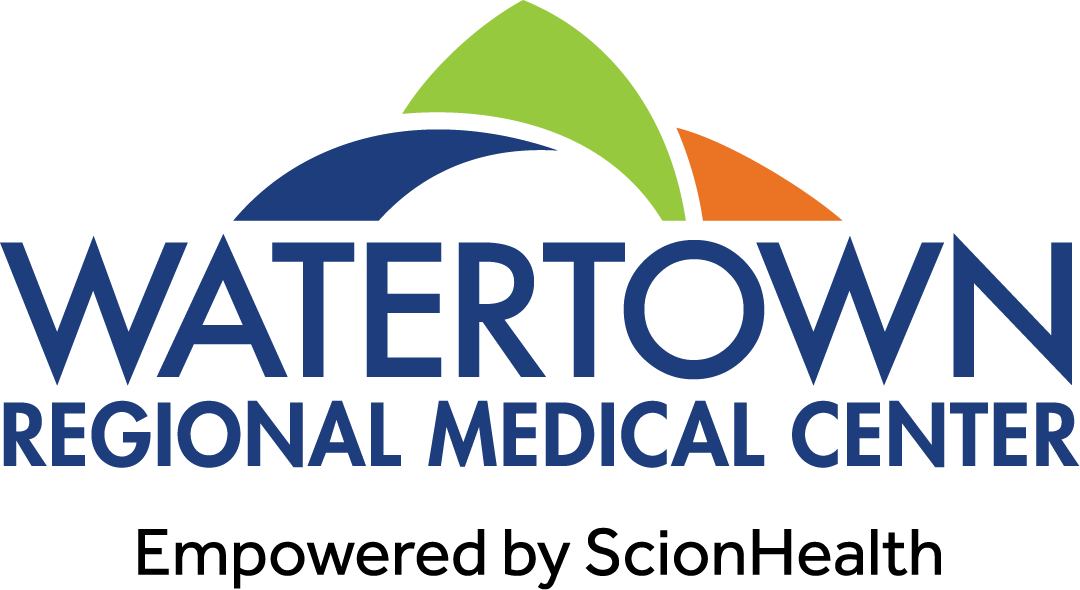September is National Suicide Prevention Month
September 2, 2022

Suicide is a serious but preventable public health issue that devastates families and communities. It is also notoriously difficult to talk about, especially for those who have been affected in some way by suicide. By normalizing the suicide conversation, we can all save lives. Together we can work to destigmatize mental health crises and help make it easier to talk about suicide in a supportive way that increases access to mental health professionals through the new 988 Lifeline.
Who is at Risk?
Because all people can experience depression and adverse life events, anyone can be at risk for suicide, but some groups experience disproportionally higher rates of suicide than others. These groups include men over the age of 85, middle-aged people 45-54, Native Americans, Alaskan Natives, Veterans, LGBTQ+, youth aged 10-24, as well as attempt survivors, loss survivors and disaster survivors. (https://www.samhsa.gov/suicide/at-risk)
In 2020, 45,979 people died by suicide in the United States, one person every 11 minutes. In the same year, 1.2 million adults made an attempt, 3.2 million made a plan and 12.2 million seriously thought about suicide. Suicide was among the top 9 leading causes of death for people ages 10-64 and it was the second leading cause of death for people aged 10-14 and 25-34. (https://www.cdc.gov/suicide/suicide-data-statistics.html)
The 988 Suicide & Crisis Lifeline
Formerly the National Suicide Prevention Lifeline, the 988 Suicide & Crisis Hotline is now live. Contacting 988 will connect someone with a trained counselor who will listen and understand, provide support and who will connect the person to additional resources if more help is needed.
Simply call 988, text 988, or chat at 988Lifeline.org in English or en Español. TTY users can continue using their preferred relay service or dial 711 then 988. Veterans and service members can access the Veterans Crisis Line by dialing 988, press 1.
The 988 Lifeline consists of the same network of over 200 crisis centers nationwide that have been operating since 2005. The new dialing code is easier to remember than the previous 1-800-273-TALK (8255), but both numbers will remain in service and each connects to the same network of counselors.
Emergency Department
The Emergency Department is not just for physical emergencies it is an important tool in the fight to prevent suicide. If you are experiencing suicidal thoughts or urges and can safely make it to the closest emergency department, do so. The emergency department will assess your individual situation and help you get connected to the care you need.
Behavioral and Mental Health Counselors
If you experience mental health issues of any kind, it is important to see a licensed therapist or counselor regularly. Experienced and caring therapists, like those at Directions Counseling, rely on proven therapeutic techniques including cognitive behavioral therapy, EMDR, relaxation, play therapy, supportive therapy, and psychological testing to help you achieve greater emotional stability, flexibility, coping skills, and personal fulfillment. Call 920.262.4800 to schedule an appointment today.
#BeThe1To Prevent Suicide
#BeThe1To is the 988 Suicide & Crisis Lifeline’s message for National Suicide Prevention Month, because you can be the one to save a life. The Lifeline offers these five action steps for having the suicide conversation with someone who may be having suicidal thoughts:
- Ask.
- Be there.
- Keep them safe.
- Help them connect.
- Follow up.
Learn how to turn these 5 steps into action at BeThe1To.com [https://www.bethe1to.com/bethe1to-steps-evidence/].
If you are experiencing a mental health crisis and need help, or if you suspect someone else might need help, contact the 988 Lifeline or visit the Emergency Department immediately. If you would like ongoing help with your mental health journey, contact Directions Counseling at 920.262.4800 to get on the schedule of a licensed therapist. You are not alone.
